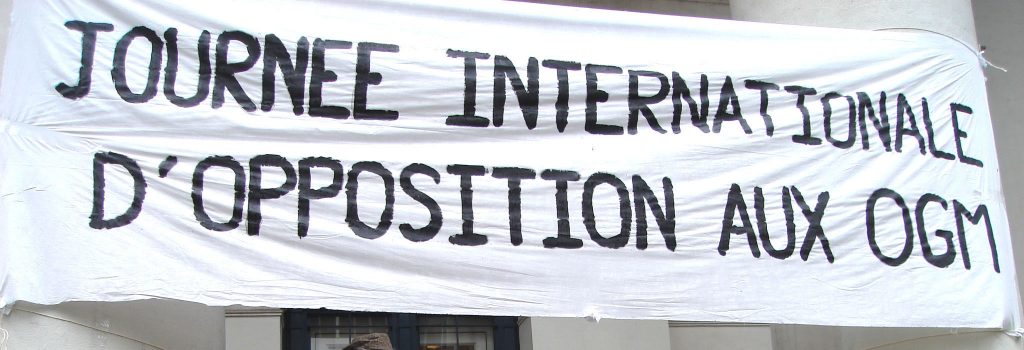Brussels 18 December 2006 – Friends of the Earth Europe has urged EU Environment Ministers to support Austria regarding its bans on genetically modified foods and crops (known as GM or GMOs). The ministers will vote today on a European Commission proposal to force Austria to lift the bans, tabled in response to the World Trade Organisation (WTO) ruling earlier this year that the bans broke international trade laws.
Helen Holder, GM Campaigner for Friends of the Earth Europe said:
“Every country must have the democratic right to protect its citizens and environment. Neither the European Commission or the World Trade Organisation should be allowed to force Europeans to eat genetically modified foods.”
The WTO ruling did not rule against GMO bans per se but judged that Austria had not followed the risk assessments needed under the trade-friendly WTO rules. Austria, together with all EU member states, has ratified the UN’s Biosafety Protocol which allows countries to ban genetically modified crops (known as GM or GMOs) if there is a lack of scientific certainty over their safety. The WTO disregarded the Biosafety Protocol because the complainants in the trade dispute (the US, Canada and Argentina) had not ratified it.
Helen Holder continued: “The WTO should not be deciding what we eat or what our farmers grow. The organisation is pro-free trade and pro-industry and is not suited to rule on disputes over the environment or public health. Environment Ministers must vote today in line with their commitments to protect the environment.”
This is the second time since June 2005 that the European Commission has attempted to force member states to overturn national GMO safeguard clauses.
Friends of the Earth Europe will issue a press statement later today in reaction to the result of the Environment Council vote.
***
Notes to editors:
The WTO ruling was published on 29th September 2006, following the longest trade dispute in the WTO’s history. The ruling rejected most of the US-led complaints against Europe’s stance on genetically modified (GM) foods:
* It refused to rule against the EU’s strict regulations to control the use of GM food and crops;
* It refused to rule on whether GM foods are safe or different to conventional foods;
* It rejected US claims that moratoria are illegal and did not question the right of countries to ban GM foods or crops.
However, the WTO draft ruling did rule that Europe’s four year GM moratorium, which ended in 2004, broke trade rules by causing “undue delays”, but stated that moratoria were acceptable under certain circumstances. The WTO said national GM bans also broke trade rules, because the risk assessments did not comply with the WTO requirements.
Most of the GMO bans at the centre of the dispute are now irrelevant as most of the products banned are no longer on the market. Austria however upholds it bans on Monsanto’s MON810 maize and Bayer T25 maize which are still marketed today.







